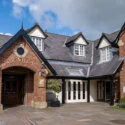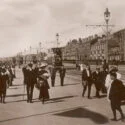The Gynn Inn is remembered as one of Blackpool’s earliest and most significant hostelries, its story beginning in 1715. At first it stands as a modest farmhouse, typical of the Fylde coast’s rural landscape. Over time the building adapts, serving as a grocer’s and beerhouse before gaining full recognition as a public house. By the 18th and 19th centuries it becomes an established stop for both locals and travellers, a place of refreshment at a time when Blackpool is only beginning its transformation from scattered hamlets into a seaside resort.
The inn gains particular importance because of its position on the coastal route. Carriages and carts travelling between Blackpool and surrounding villages find it a convenient resting place. As the town expands in the Victorian era, the Gynn Inn takes on a more social role, with its alehouse character drawing both working people and visitors to the growing resort. By the early 20th century, however, Blackpool’s development demands change. In 1921 the original inn closes and is demolished to accommodate new transport and road schemes. Its disappearance marks the end of more than two centuries of service to the community.
The memory of the inn is preserved through the present-day Gynn Pub. On its wall a blue plaque recalls the original building, its early 18th-century roots and its central role in Blackpool’s history. The plaque also acknowledges that the Duke of Cambridge Hotel once stood on the same site, linking the location not only to one of the town’s first public houses but also to one of its earliest hotels.
For Blackpool, the Gynn Inn stands as a reminder of the town’s beginnings — a time when farmhouses became alehouses, and alehouses became landmarks, paving the way for the resort’s later identity as a centre of hospitality and leisure.
Right opposite the Gynn is a unique Spitfire display, worth having a look.
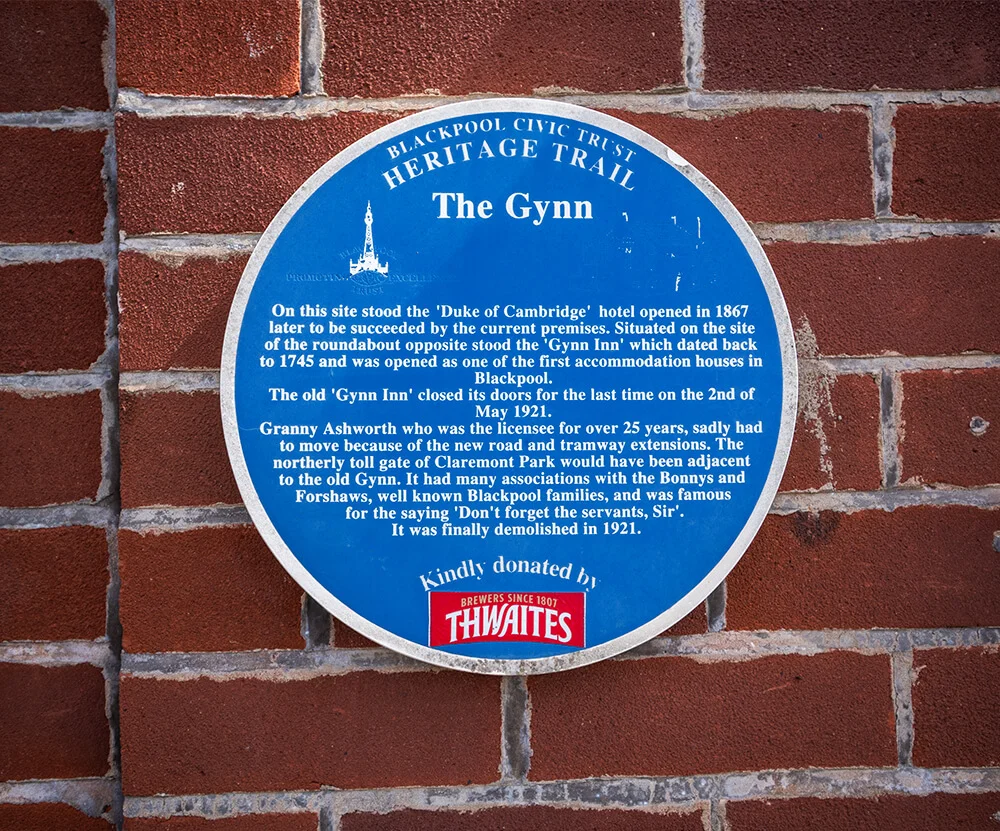
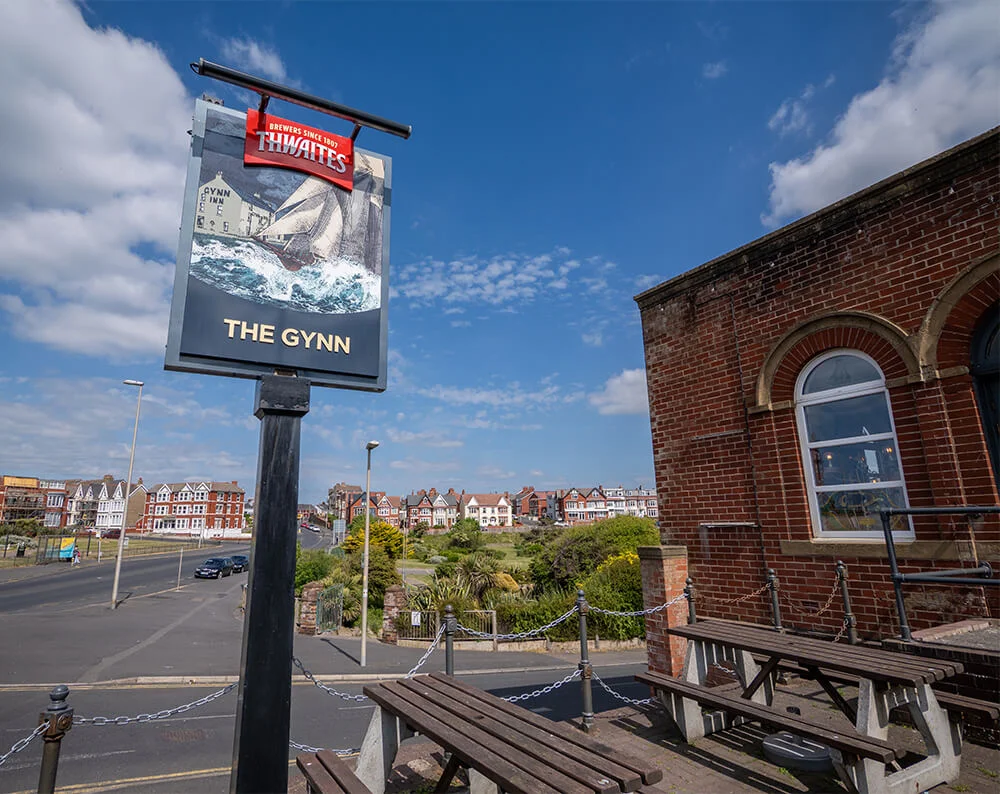
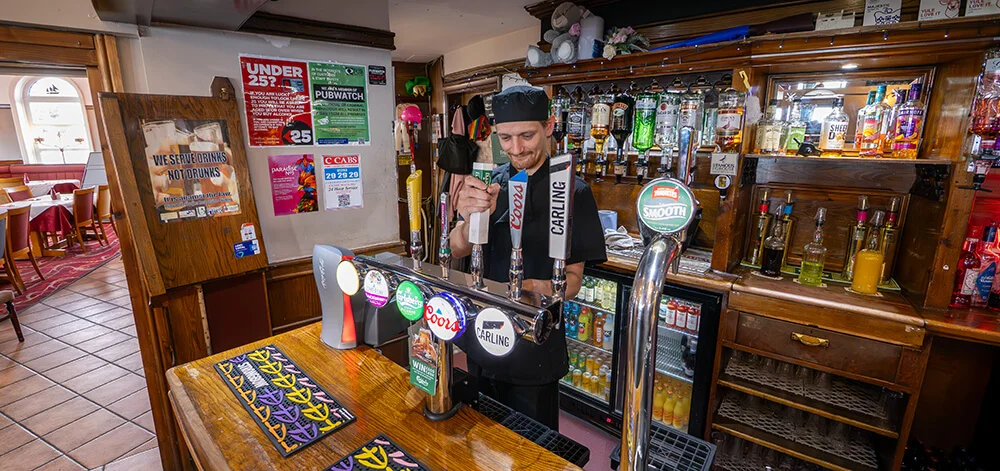
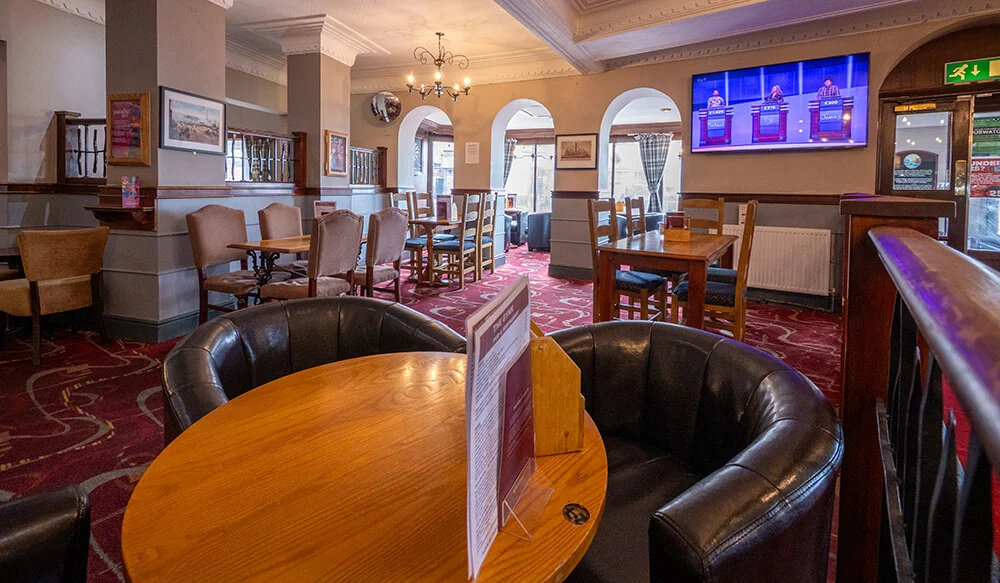
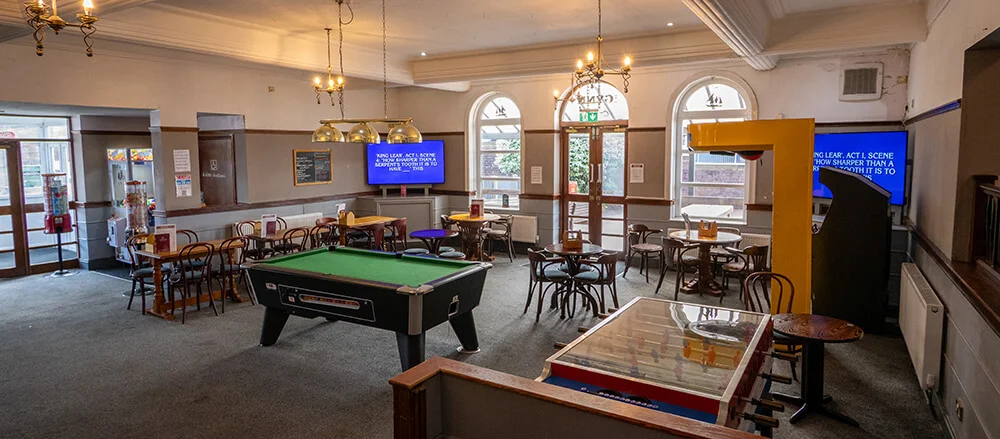
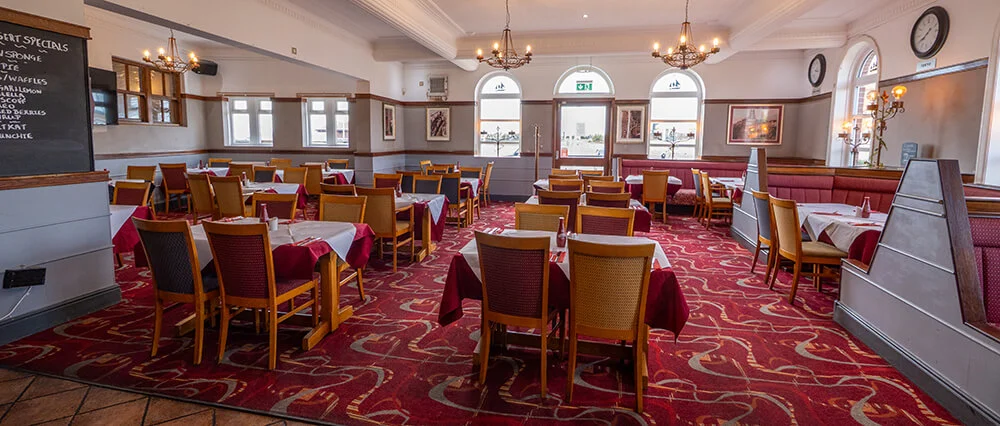
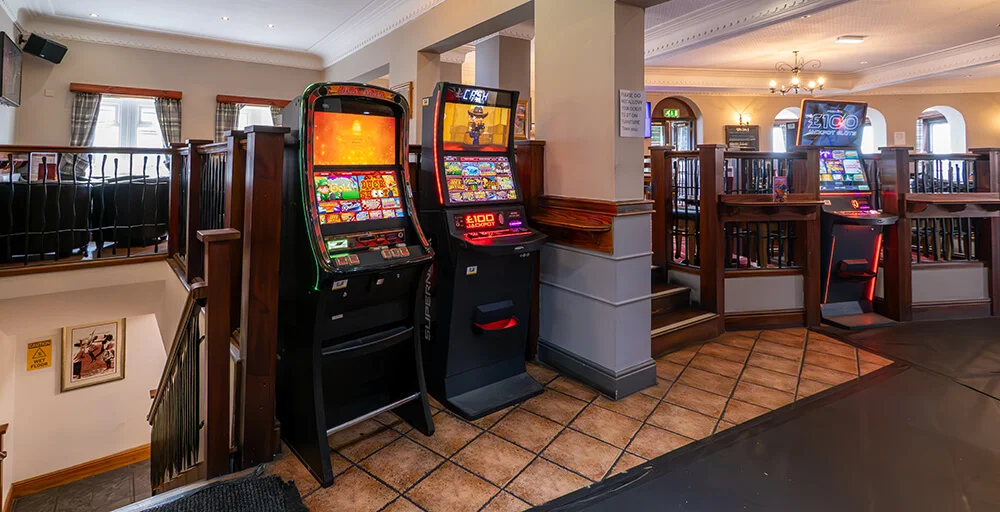
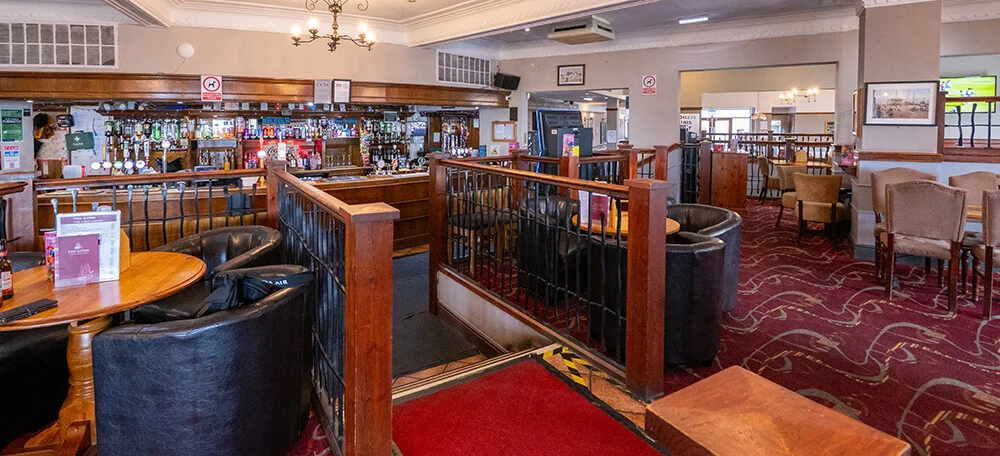
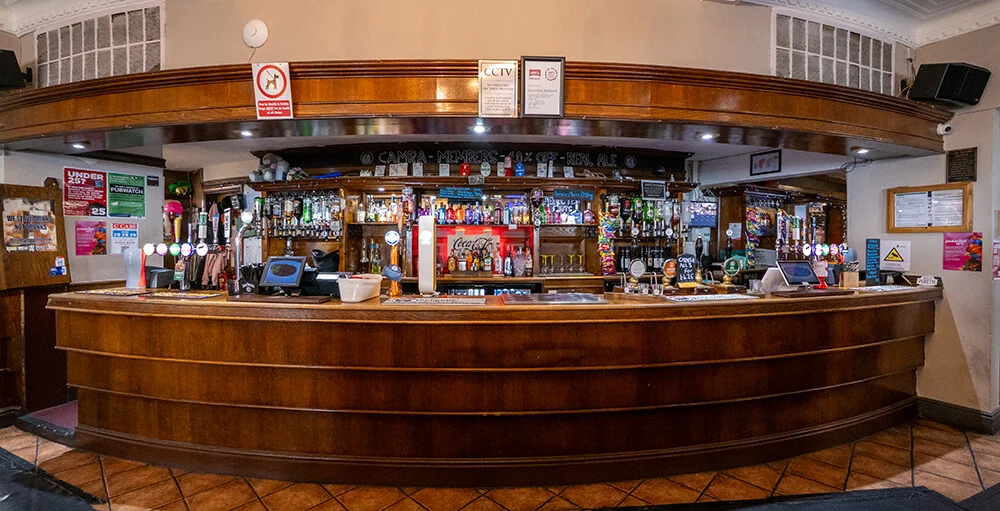
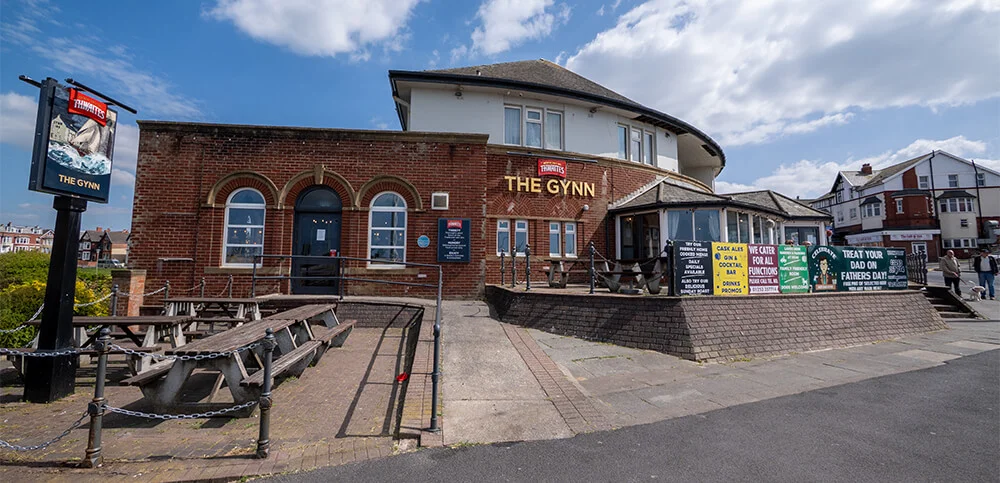
Images by © Deeper Blue Marketing & Design Ltd

























